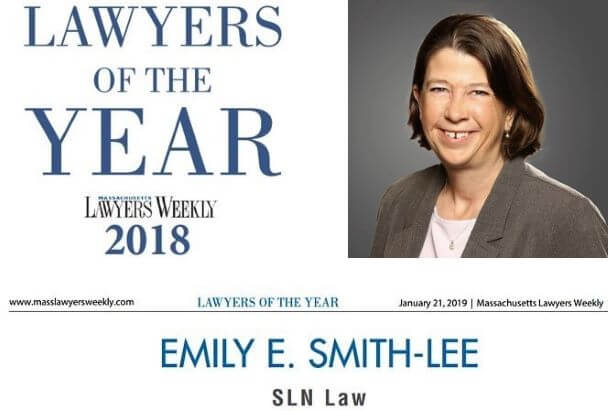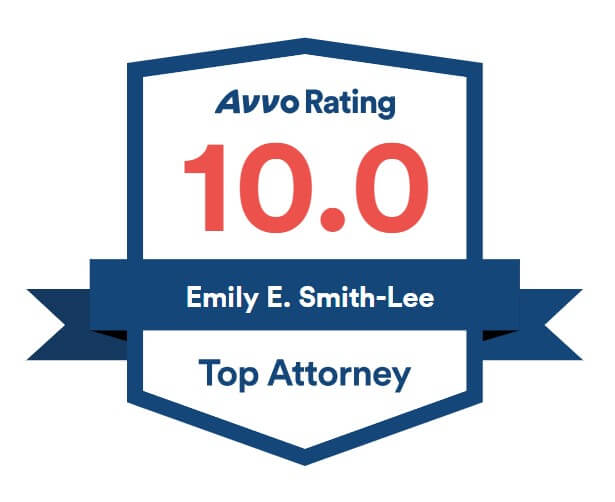Securing Business Secrets: The Power of Non-Disclosure Agreements
Protecting Your Business's ConfidentialityIn the business world, safeguarding confidential and proprietary information is paramount. This information may range from closely guarded trade secrets to valuable data like customer lists or unique operational methods.
Defining Confidential InformationInformation does not necessarily have to qualify for trade secret status to be protected under a nondisclosure agreement. Usually the NDA itself will define what the parties agree is confidential. In general, anything that has value to your business and is not publicly available can be considered confidential. The most common examples we have seen include:
Information that is already readily found in the public domain cannot be protected by an NDA. Similarly, if you have given information to someone without requiring them to agree to an NDA, they can't be barred from using it. When Should You Use an NDA?If your business employs staff, especially those with access to sensitive information, having confidentiality agreements is essential and legally enforceable in Massachusetts. These agreements help set expectations regarding the treatment of confidential data.
Additionally, when engaging in discussions with other businesses for potential acquisitions, joint ventures, or even standard service contracts, sharing sensitive information may be necessary. To protect your interests and prevent unauthorized disclosure or use of this information, entering into an NDA is a common practice. Trade Secret Protection and NDAsTrade secrets receive legal protection against unlawful disclosure. However, to qualify as a trade secret, you must demonstrate that you've taken reasonable steps to maintain its secrecy. Failing to implement NDAs with employees or business partners could jeopardize this safeguard for your most valuable proprietary information.
Key Elements of Your NDAAs a legally binding contract, an NDA can incorporate various clauses based on mutual agreement. However, here are some fundamental elements to include:
|
We're Here to Help.OR
|
Questions About a Nondisclosure Agreement?
Our Solutions Roadmap is a quick and easy way to share the details of what you are facing and receive preliminary feedback from a member of our team. Use the button below to get started- it is 100% confidential and 100% free.
Meet Our Business Attorneys

Emily Smith-Lee is the owner and founder of slnlaw. She is a 1996 graduate of Boston College Law School. She was previously a partner at the Boston office of a large international firm, where she worked for thirteen years with a focus on business litigation. In 2009, she started the firm that since became slnlaw, and has grown it from a solo practice to a five-attorney firm with multiple practice areas. She has been recognized as Massachusetts Superlawyer each year since 2013, and in 2018 earned recognition as one of Massachusetts Lawyers Weekly's Lawyers of the Year. She has written a book on employment law: Rules of the Road, What You Need to Know About Employment Laws in Massachusetts, and helped hundreds of small business owners with contracts, business transactions, employment law advice, business incorporation, and risk management. She has also litigated business disputes in state and federal courts.

Rebecca Rogers: Rebecca is a 2006 graduate of Boston College Law School, and has worked with slnlaw since 2013. She previously worked as an intellectual property litigation attorney for Fish & Richardson in Boston, Massachusetts, and clerked for the Massachusetts Supreme Judicial Court. Rebecca has helped clients with business contracts, employment contracts, and employment law advice.

Jenna Ordway: Jenna is a 2013 graduate of Quinnipiac Law School, and also earned an LLM in Taxation from Boston University in 2015. She has been affiliated with slnlaw since 2011, first as a law clerk and then as an attorney. Jenna has been recognized since 2019 as a "Rising Star" by Massachusetts Superlawyers. Jenna has helped many small business owners with simple and complex business incorporation, contract review, advice and analysis regarding business disputes, employment law advice, and advice about business succession considerations as part of estate planning.

Elijah Bresley: Eli is a 2014 graduate of Seton Hall Law school, and has worked with slnlaw since 2020. He previously worked for a boutique employment law firm outside of Boston, and then for the Labor and Employment department of a large Boston firm. He also spent a year clerking for the judges of the Superior Court in Hartford, Connecticut. Eli has helped our small business clients with employment law advice and defense of employment-related lawsuits in MCAD and state and federal courts.

Sharleen Tinnin: Sharleen is a 2010 graduate of Northeastern University School of Law, and has been with slnlaw since 2023. Prior to joining slnlaw, she worked with King, Tilden, McEttrick & Brink, P.C. on complex civil litigation matters. She previously worked for the United States Department of Justice, and received an "Excellence in Justice" award in 2017. Sharleen has helped clients litigate business disputes in state and federal courts, and advised business owners about succession considerations as part of their estate planning.
How We Can Help
Our experienced team can assist you in creating comprehensive Non-Disclosure Agreements tailored to your specific business needs, ensuring your proprietary information stays secure. You can use the button below to schedule a call back from a member of our team, or give us a call at 781-784-2322.
|
Emily Smith-Lee Rated by Super Lawyers loading ... |
Jenna Ordway
Rated by Super Lawyers loading ... |


